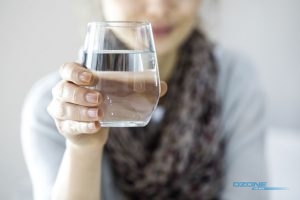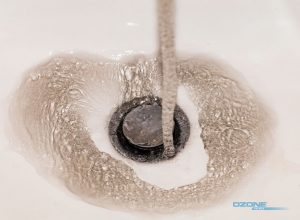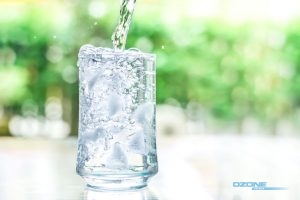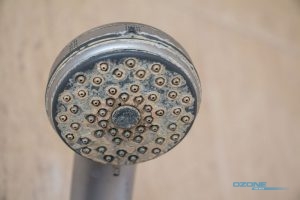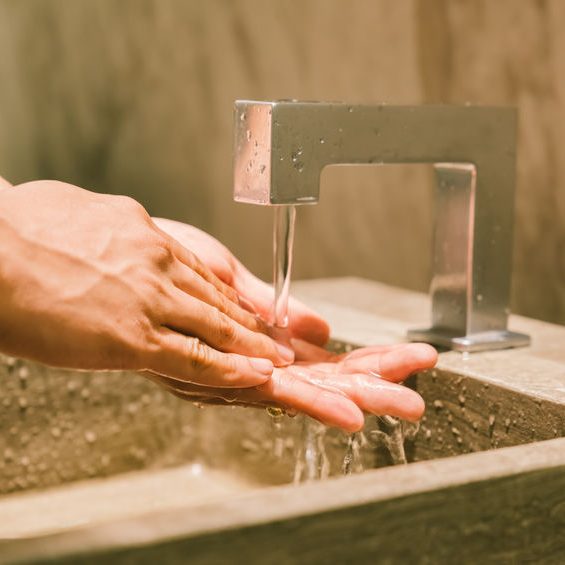
Tannic Acid Vs Tannins
What is tannic acid and how it is used by humans? Is there a difference between tannic acid vs tannins? Tannic acid is an explicit form of tannin, a form of polyphenol with a weak acidity due to the many phenol groups within the structure. It is used in beverages, foods, and medications as a flavoring agent. Tannins are natural, an organic material that is a byproduct of fermentation, such as in winemaking.
In areas where the water comes through a peaty type of soil and decayed vegetation, it can have a yellowish to brown color, this being the tannic acid. That water alone will stain china, fabric, and fixtures and it will have a tangy or tart taste in addition to an odor much like earthy or musty. It is common in low-lying, marshy areas like coastal land.
Where Is Tannic Acid Found?
Tannic acid is found on the twigs of some oak tree types in the nutgalls and is formed by insects. It is removed from those twigs and then processed to be used as a flavoring agent in beverages and foods and as a medicine.
How Do You Detect Tannins?
When tannins are added to water, it turns a light yellow to a dark brown. Tannins are detected by taking a clear glass and filling it with water, setting it aside overnight. The next morning, if the color has settled down to the bottom of the glass, then the discoloration is more likely to be from iron or manganese, it is not an indication of tannins being present.
Are Tannins Dangerous?
A fascinating kind of molecule, tannins are a natural by-product of a plant that is binding and full of proteins. Many foods that are consumed by humans are largely influenced by tannins as nutritive value. Historically, activated charcoal would be mixed with magnesium oxide and tannic acid as an antidote for poisoning.
It was thought that that combination worked better to absorb poisons than any other ingredients. Unfortunately, it would be discovered over time that the tannic acid was soaked by the activated charcoal, making it less effective.
Today though, tannic acid is used directly instead of combining it with any other substance. It is applied to directly to aid to stop bleeding and as an aid in healing things like:
- Bleeding
- Cold Sores
- Diaper Rash
- Fever Blister
- Heat Rash
- Ingrown Toenails
- Poison Ivy
- Receding or Spongy Gums
- Skin Rashes
- Sore Throat
- Sore Tonsils
What Does Tannic Acid Do to the Body?
The natural ingredients within tannic acid absorb things that are harmful and unnatural for the body, thus, having a protective consequence on the body, externally or internally. Above, we listed some of the external ways tannic acid is used on the body. Internally, tannic acid can help as well! Tannic acid has been used for cancer and helps with intestinal issues. However, tannic acid can absorb medications as well, thus, making them less effective.
What Are the Side Effects of Tannins?
While tannins are known to have positive effects on the body when the commercial form of them are ingested in the form of tannic acid in large amounts, it has been known to cause the following side effects:
- Liver Damage
- Nausea
- Stomach Irritation
- Vomiting
Additionally, when tannin is regularly consumed in high concentrations along with herbs, it has been linked to increased chances of nose or throat cancer developing. However, there have been positive health benefits from the anti-oxidizing of tannins, one being that blood pressure has been stabilized when consumed in moderation.
Overall, tannins and tannic acid summarized is that while it can be good for the human body, too much of a good thing can be harmful. The FDA has requested more studies be done on this substance before they take on their studies to determine the benefits and possible harm of this natural by-product.
Are Tannins and Tannic Acid the Same?
Tannic acid is a detailed form of tannin and frequently the two terms are incorrectly used in conversation interchangeably. For example, concerning black tea and green tea. Both of these contain tannin, but they do not contain tannic acid.
Because the terms have been misused so much and are included in articles together, the confusion has been compounded. The truth to this matter is that tannic acid is a poor definition of the composition and is not a suitable standard for any form of tannin analysis.
A short summarization is that tannins come from a complex chemical compound group and tannic acid is a commercial standard name. In the commercial format, it is frequently found in gallotanic acid. Tannic acid is decagalloyl, based on gallic acid in the polyphenol family and derived from glucosyl version (sugar). The tannins are from the polyphenol family as well in the form of flavonoid-based products in the polyphenol family.
As tannic acid is a natural by-product substance and is found in many beverages and foods, including water, it has proven not to be harmful to humans. It is added frequently, but when it comes to drinking water, caution is recommended.
As stated earlier, too much of a good thing can make it a bad thing. As such, if you notice a musky odor in your water or an unpleasant “dirty” taste to your water, it is wise to have the water tested for high levels of tannic acid. If in an area that is known for issues with water quality, a periodic check-up for your water would be as beneficial as having your HVAC system checked periodically, considered part of household maintenance. Looking for water purification for your home in Leander, TX? Call Ozone Pure Water today at 800-633-8469 for your needs!

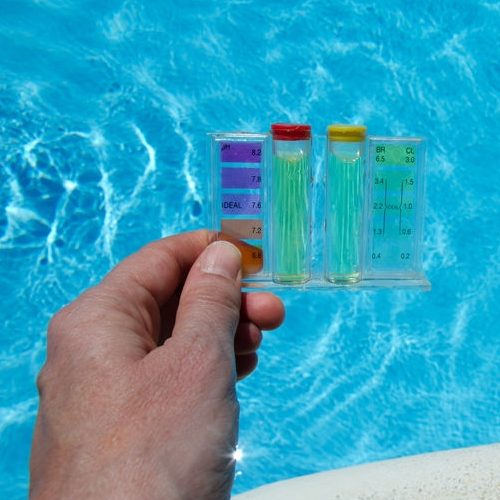

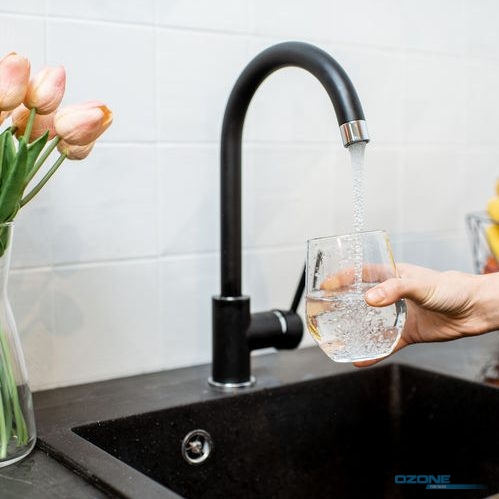
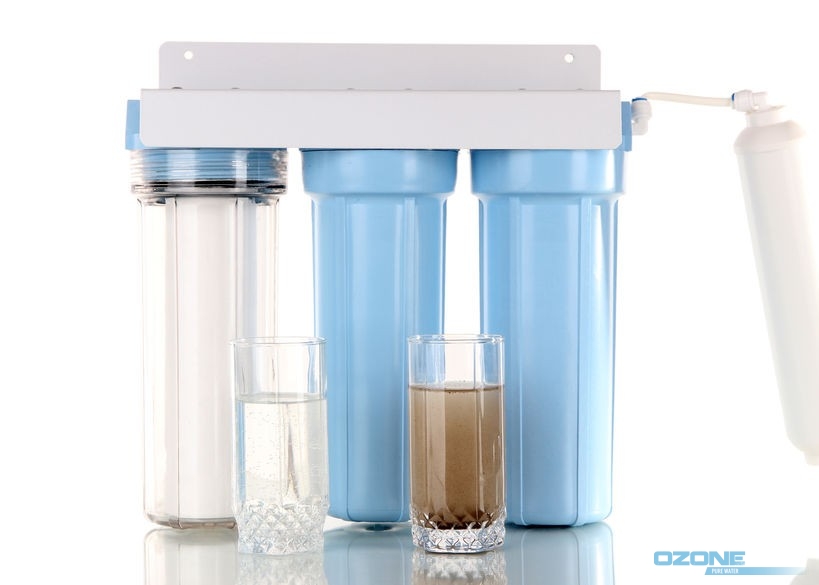

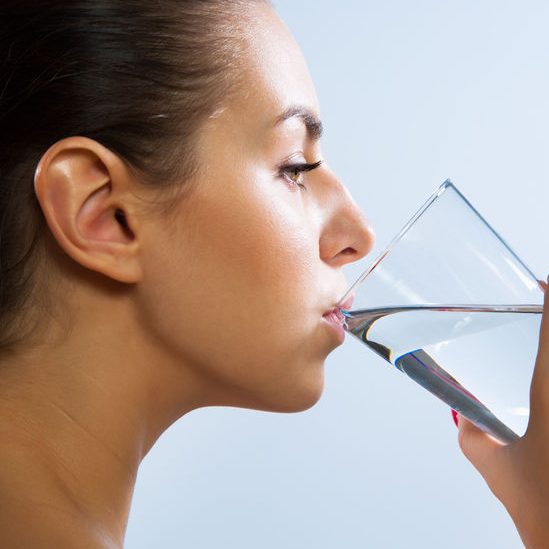

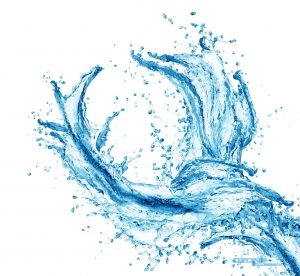 Like a whole home test, drinking water tests are done by taking a small sample of water and screening it for a list of toxins and impurities. Many times, these tests are completed by using chemical reactive results such as litmus paper to distinguish exactly what is in your water. From there, your water specialist can help you decide which type of filtration or purification is best for your needs.
Like a whole home test, drinking water tests are done by taking a small sample of water and screening it for a list of toxins and impurities. Many times, these tests are completed by using chemical reactive results such as litmus paper to distinguish exactly what is in your water. From there, your water specialist can help you decide which type of filtration or purification is best for your needs.